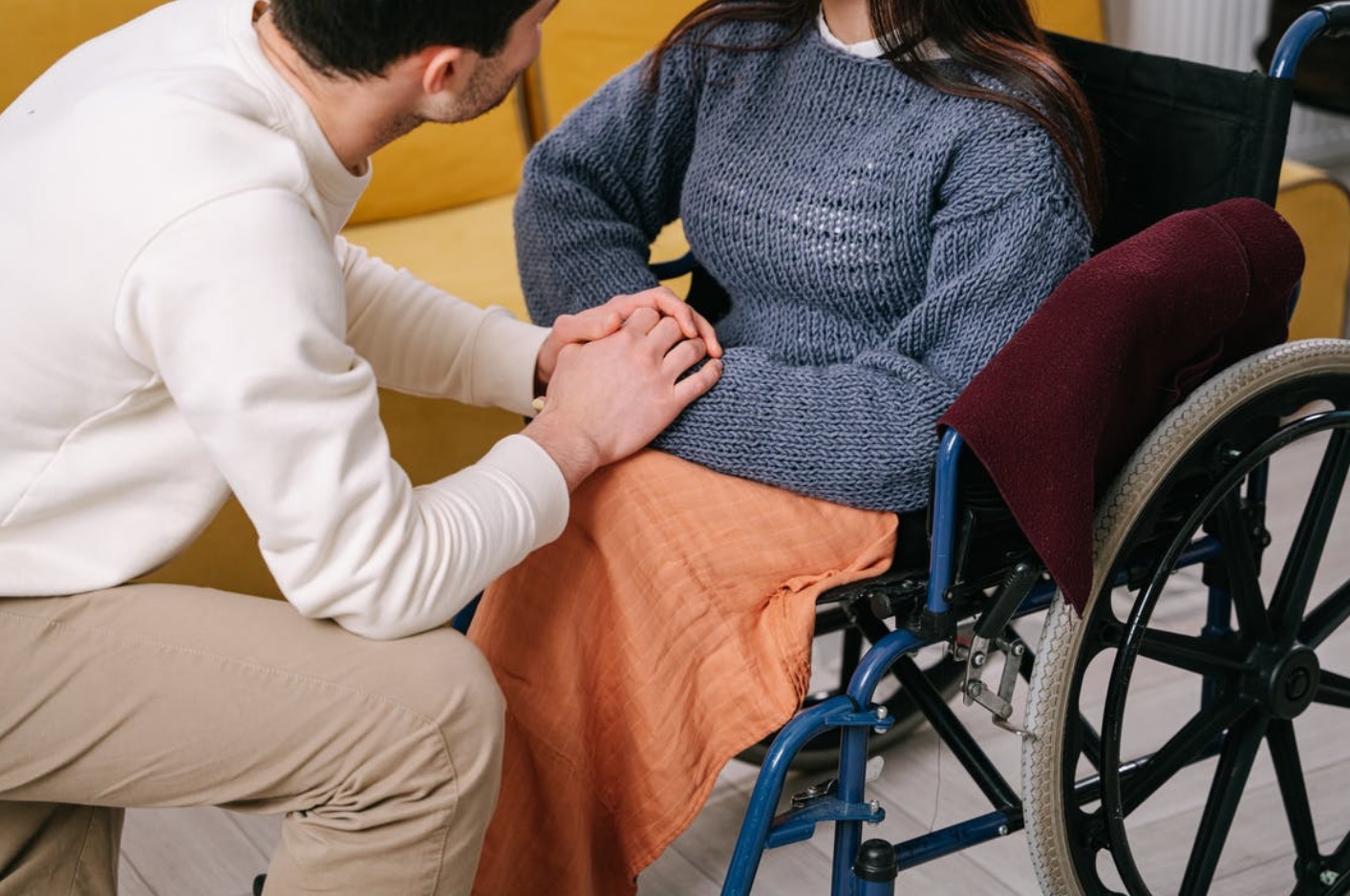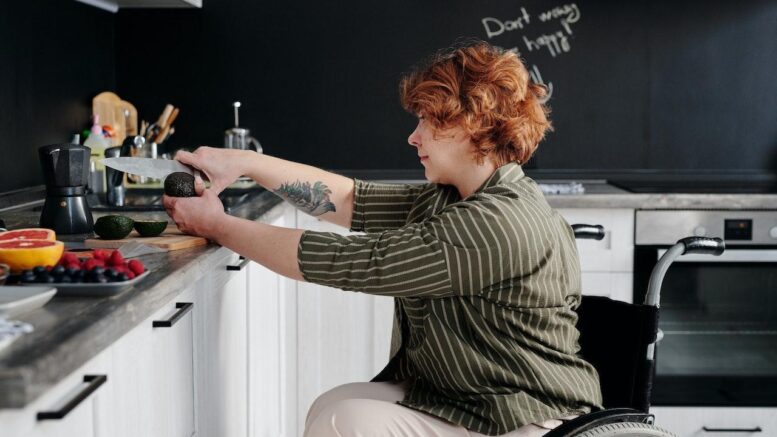The notion of independence does not have a singular definition. For nations, it will entail sovereignty, while for people, it will mean freedom – the freedom to choose and decide on the way they live their lives. However, the freedom that comes with independence is not a given for every member of society. Namely, people living with disabilities often face great difficulties in establishing and advocating for their individual autonomy.
When such circumstances occur, caregivers and loved ones have a vital role to play – that of encouraging and advocating for independence. Encouraging their independence will help adults living with disability feel more empowered and will strengthen their self-confidence. To start, this article will take a closer look at possible ways of encouraging independence in adults with disabilities.
Small(er) steps – a solid start
Independence will never occur overnight. Rather, gaining independence is a gradual process consisting of a series of smaller subtler steps.
Often, people living with disabilities grow up in protective and nurturing environments that place decision-making practices out of their reach. Because of this, adults with disabilities require a gradual approach towards independence, one paved with smaller decisions, such as what to prepare for dinner or where to meet for lunch.
While these kinds of decisions may appear irrelevant, they are the first step to building a person’s decision-making abilities. Once they become comfortable with making day-to-day choices, they will gain the confidence to make greater, more important decisions regarding their education, living situation, and overall life.
Needs and preferences – knowing the difference

As mentioned, people living with disabilities often receive additional assistance from caregivers during their early and adolescent life. While assistance is necessary, the line between preferences and needs commonly becomes blurred. In other words, people with disabilities become overly dependent on their caregivers. Because of this, it is pivotal to ask and reassess the needs of adults with disabilities ever so often.
Thus, people with disabilities may be living at home with their caregivers, even though they are quite capable of managing in supported independent living. While such a transition may appear drastic, adults living with disabilities often find a new sort of self-confidence after their move. In addition, their relationship with their caregivers and loved ones tends to change, as both parties obtain a novel sense of independence and thus redefine their existing relationships.
Support systems – family, friends, and neighbors
At times, people overestimate themselves, both in their own lives and in caring for others. Thus, loved ones often find it difficult to incorporate the help of family members, friends, or even professional support personnel into their caregiver role. However, by carrying the caregiver burden alone, loved ones often fail to provide solid support systems for people living with disabilities.
For one, professional support personnel are trained to recognize and understand the needs of people with disabilities. Therefore, they will not intervene in cases where a person with a disability is capable of reaching their goal independently. Such practice will not only encourage further independence in people with disabilities but will also build their self-confidence.
Similarly, a developed support system will entail sharing the role of the caregiver. A person with disabilities will know to reach out to a multitude of people and rely on them for different kinds of support. In addition, they will also learn how to better communicate their needs and preferences as they are not reliant on just one individual who they live with.
The right job – encouraging financial independence
Regardless of individual capabilities, working offers a unique sense of independence – one that may be enormously beneficial for people living with disabilities. For one, employment provides a sense of contribution and a sense of giving back to society. As people with disabilities often rely on society, working may provide an opportunity to give back for all the help they have received. In addition, employment may provide financial security, thus further encouraging and building a disabled person’s independence and self-esteem.
Lastly, working or even volunteering provides people with the opportunity to socialize. During their work, people with disabilities will meet others, hear their stories, and learn of new ways that may encourage their supported independent living. In addition, socialization will also extend a person’s support group and thus empower their communication skills and self-confidence.
In conclusion
Encouraging independence in people living with disabilities is a gradual process that will require patience and care. It will also require communication and the help of loved ones and professionals. However, even though it may at times be difficult, the process will always be worth it.
